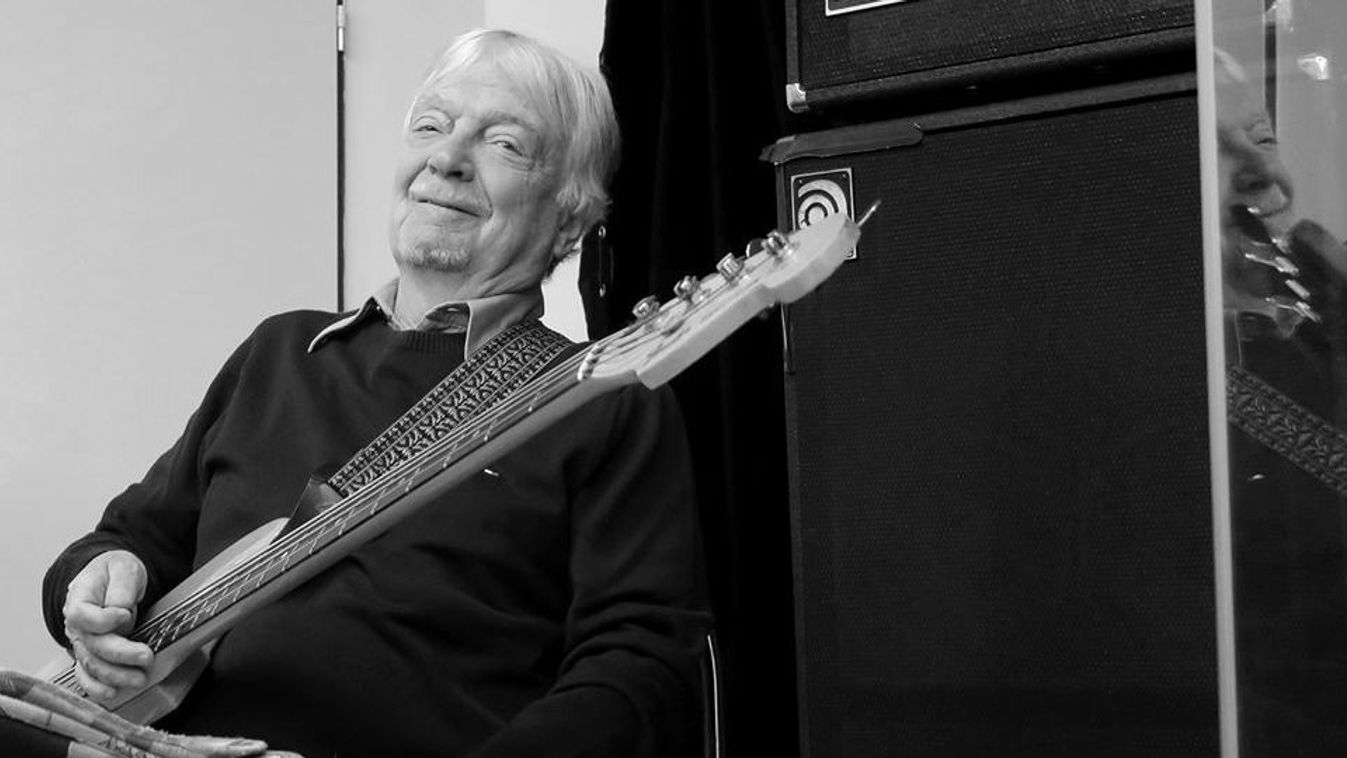A Europe of Solidarity, Not Only Discipline
The euro crisis, however, has turned the EU into something radically different. Member countries are now divided into two classes – creditors and debtors – with the creditors in charge. As the largest and most creditworthy country, Germany occupies a dominant position. Debtor countries pay substantial risk premiums to finance their debt, which is reflected in their high economy-wide borrowing costs. This has pushed them into a deflationary tailspin and put them at a substantial – and potentially permanent – competitive disadvantage vis-À-vis creditor countries.
This outcome does not reflect a deliberate plan, but rather a series of policy mistakes. Germany did not seek to occupy a dominant position in Europe, and it is reluctant to accept the obligations and liabilities that such a position entails. Call this the tragedy of the European Union.
Recent developments seem to offer grounds for optimism. The authorities are taking steps to correct their mistakes, especially with the decision to form a banking union and the outright monetary transactions program, which would allow unlimited intervention by the European Central Bank in the sovereign-bond market. Financial markets have been reassured that the euro is here to stay. That could be a turning point, provided it is adequately reinforced with additional steps toward greater integration.
Unfortunately, the EU’s unfolding tragedy characteristically feeds on such glimmers of hope. Germany remains willing to do the minimum – and nothing more – to hold the euro together, and the EU’s recent steps have merely reinforced German resistance to further concessions. This will perpetuate the division between creditor and debtor countries.
A widening gap in economic performance and political dominance is such a dismal prospect for the EU that it must not be allowed to become permanent. There must be a way to prevent it – after all, history is not predetermined. The EU, originally conceived as an instrument of solidarity, is today held together by grim necessity. That is not conducive to a harmonious partnership. The only way to reverse the trend is to recapture the spirit of solidarity that animated the European project from the start.
To that end, I recently established an Open Society Initiative for Europe (OSIFE). In doing so, I recognized that the best place to start would be where current policies have created the greatest human suffering: Greece. The people who are suffering are not those who abused the system and caused the crisis. The fate of the many migrant and asylum seekers caught in Greece is particularly heart-rending. But their plight cannot be separated from that of the Greeks themselves. An initiative confined to migrants would merely reinforce the growing xenophobia and extremism in Greece.
I could not figure out how to approach this seemingly intractable problem until I recently visited Stockholm to commemorate the centenary of Raoul Wallenberg’s birth. This reawakened my memories of World War II – the calamity that eventually gave birth to the EU.
Wallenberg was a hero who saved the lives of many Jews in my home city of Budapest by establishing Swedish safe houses. During the German occupation, my father was also a heroic figure. He helped to save his family and friends and many others. He taught me to confront harsh reality rather than to submit to it passively. That is what gave me the idea.
We could set up solidarity houses in Greece, which would serve as community centers for the local population and also provide food and shelter to migrants. There are already many soup kitchens and civil-society efforts to help the migrants, but these initiatives cannot cope with the scale of the problem. What I have in mind is to reinforce these efforts.
The EU’s asylum policy has broken down. Refugees must register in the member country where they enter, but the Greek government cannot process the cases. Some 60,000 refugees who sought to register have been put into detention facilities where conditions are inhumane. Migrants who do not register and live on the street are attacked by the hooligans of the neo-fascist Golden Dawn party.
Sweden has made migration and asylum policy a high priority, while Norway is concerned about the fate of migrants in Greece. So both countries would be prime candidates to support solidarity houses. And other better-off countries could join them. OSIFE is ready to provide support for this initiative, and I hope other foundations will be eager to do the same. But this has to be a European project – one that eventually must find its way into the European budget.
Currently, Golden Dawn is making political headway by providing social services to Greeks while attacking migrants. The initiative that I propose would offer a positive alternative, based on solidarity – the solidarity of Europeans with Greeks and of Greeks with migrants. It would provide a practical demonstration of the spirit that ought to infuse the entire EU.
As soon as possible, I will dispatch an OSIFE needs-assessment team to Greece to contact the authorities – and the people and organizations already helping the needy – to work out a plan for which we can generate public support. My goal is to revive the idea of the EU as an instrument of solidarity, not only of discipline.
George Soros is Chairman of Soros Fund Management and Chairman of the Open Society Foundations
Copyright Project Syndicate 2012, www.project-syndicate.org

Portfóliónk minőségi tartalmat jelent minden olvasó számára. Egyedülálló elérést, országos lefedettséget és változatos megjelenési lehetőséget biztosít. Folyamatosan keressük az új irányokat és fejlődési lehetőségeket. Ez jövőnk záloga.























